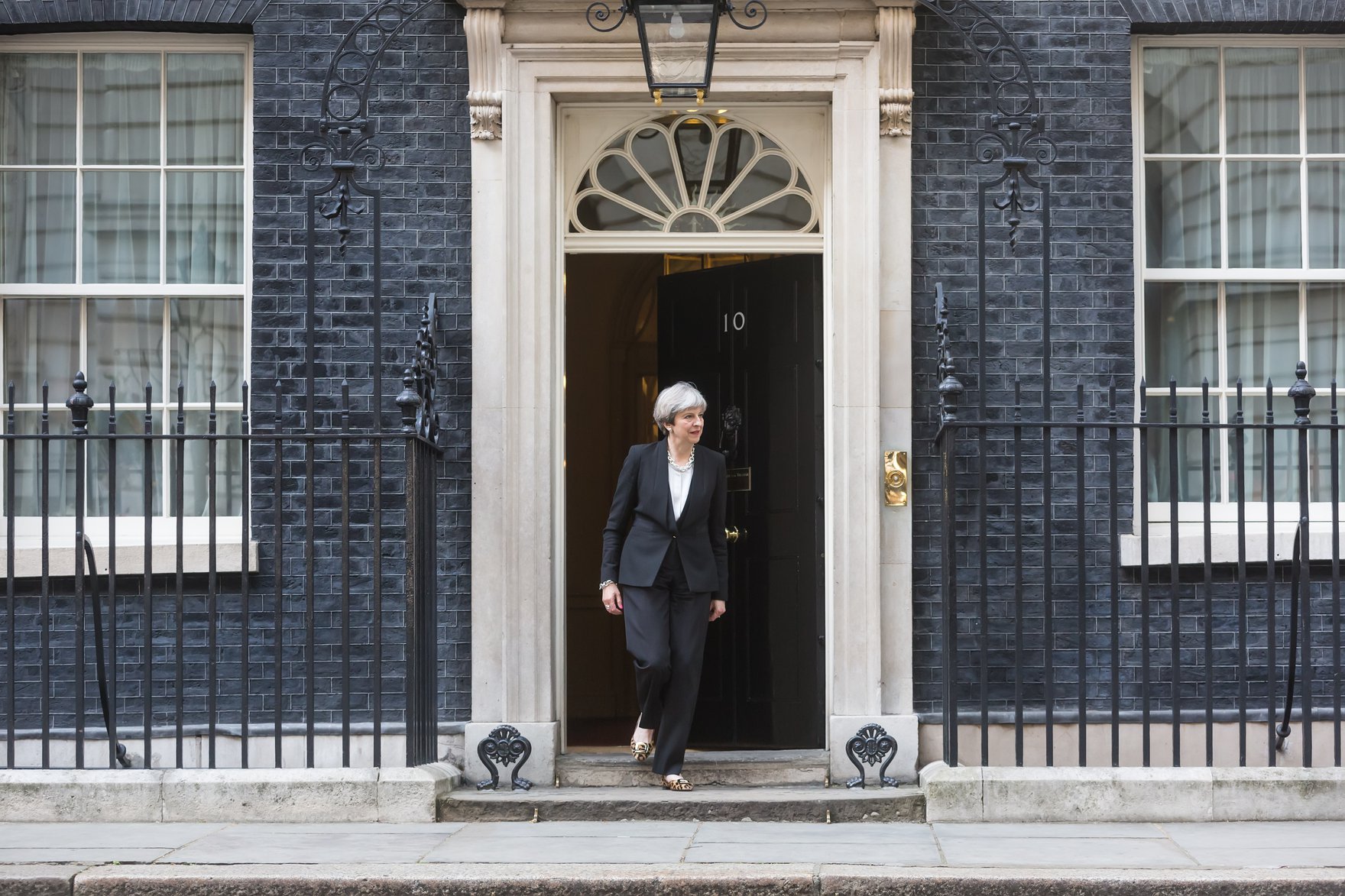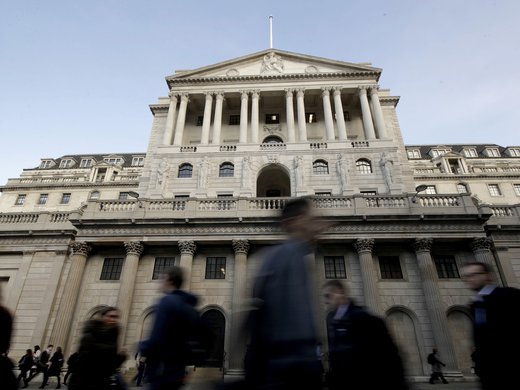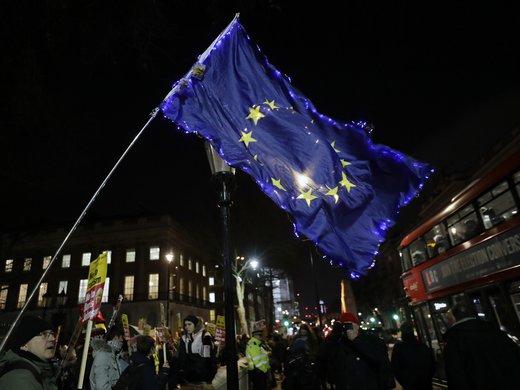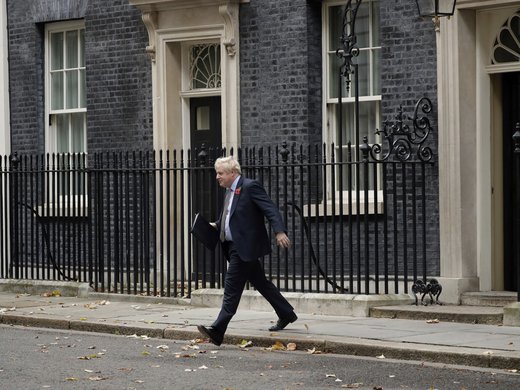The United Kingdom is set to withdraw from the European Union at 11:00 p.m. on March 29, 2019. But, looking at a few key situations, it seems that Brexit may have already happened.
First, the European Union (Withdrawal) Act of 2018 set the date of March 29, 2019, as the point at which new EU law ceases to apply in the United Kingdom, and the point at which the decisions of all EU institutions will cease to have legal effect in the United Kingdom. This law is in force and repeals the European Communities Act of 1972. Nothing has been done to repeal the Withdrawal Act.
Second, the European Parliament elections will take place in May 2019. The European Parliament is one of three central elements of EU law making. The electoral districts of the United Kingdom have been reallocated to other parts of the European Union, or are held in reserve for future EU members, and the United Kingdom is not participating in the electoral campaigns that have begun across the European Union. Nothing has been done to permit UK participation in these elections.
Finally, at least one major EU institution, the European Medicines Agency, has already left London for Amsterdam. Other EU institutions will also be leaving the United Kingdom.
The news respecting the private sector is just as clear. The financial papers have contained a steady stream of information concerning the departure of major financial institutions (or branches of them) from London. Automobile companies have indicated the intention to reduce or cease production in the United Kingdom. It is reported that more than one-third of UK businesses are considering relocation of all or some of their operations to the European Union.
Practically speaking, the United Kingdom may already be out of the European Union.
In the face of this tragedy, many efforts are being made to limit or avoid Brexit all together. Prime Minister Theresa May negotiated a withdrawal agreement that gave the United Kingdom another 19 months to negotiate a long-term trade agreement with the European Union. However, this deal was rejected decisively twice by votes in the UK House of Commons. May soldiers on, but the chances of passing this deal are minimal. The Labour Party has called for elections and promised to negotiate a customs union and close adherence to the rules of the single market. But Labour Party leader Jeremy Corbyn has sedulously avoided supporting moves to stop the Brexit process; not till February 21 did he accept the possibility of a referendum on a question yet to be determined.
One resolution has passed the House of Commons forbidding leaving the European Union without a deal. So far, other attempts in the House of Commons to limit the flexibility of the government have failed. The next moment of high parliamentary drama was planned for February 27, but May then announced the intention to put off this vote until March 12. Whenever it takes place, it will involve attempts to adopt legislation restricting the ability of government to accept a no-deal outcome or even to order the government to seek an extension of the March 29 deadline.
Surprises have come from Brussels, as well. On February 24, Bloomberg reported that “three European officials, speaking on condition of anonymity, said senior EU figures and several governments back an extension of as much as 21 months beyond the scheduled March 29 exit day.”
There may be a majority to force the government to seek this extension of three months, but there is no certainty of EU acquiescence. The People’s Vote movement is desperately trying to promote the idea of a second referendum; one of the options would be to remain in the European Union. But, time and political will are not on their side. A referendum would have to be set up by new legislation and would take many months to run. Deciding on the questions to be included would alone cause great political strain.
The Court of Justice of the European Union has said that the article 50 notice of withdrawal from the European Union can be withdrawn unilaterally. But there is scarcely a month to reach such a momentous decision and to adopt legislation requiring the government to withdraw the notice.
Brexit is affecting the unity of not only the Conservative Party but also the Labour Party; a new parliamentary group has been formed by members of Parliament who have left their parties, and more may follow. As Britain inches toward the deadline, it’s likely that Cabinet, too, is increasingly uneasy and divided.
With one month left to take action before March 29, and numerous institutions already packing up shop, it seems as if Britain has already left the European Union.




